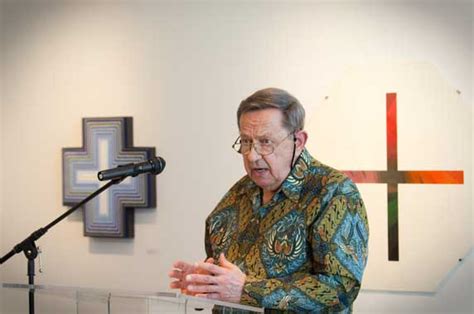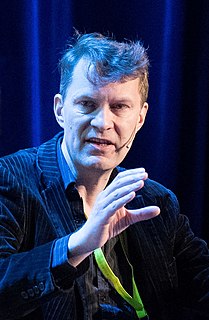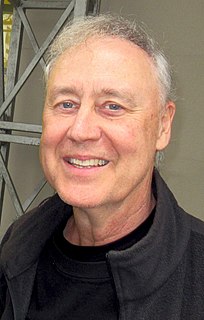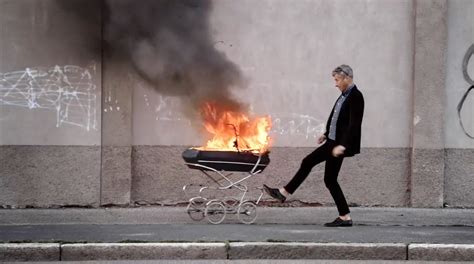A Quote by Rachel Kushner
The late Seventies was the death of the manufacturing age in the United States. It was also a time when the Pictures Generation artists were getting started. They co-opted the language of advertising. The factory disappeared, and weirdly, so did the art object - it was the age of making gestures, not objects.
Related Quotes
There is a connection, hard to explain logically but easy to feel, between achievement in public life and progress in the arts. The age of Pericles was also the age of Phidias. The age of Lorenzo de Medici was also the age of Leonardo da Vinci. The age of Elizabeth was also the age of Shakespeare. And the New Frontier for which I campaign in public life, can also be a New Frontier for American art.
It is short-sighted, not to say stupid, in the correct desire to be relevant as Christian artists in an unchristian age, to pick up the secular fashion of the immediate generation before us and immerse oneself in that as your tradition. That's why Christian artists so often seem to be a generation late.
I started making movies in my late 20s, that time in an artist's career that often sees artists just imitating things that he or she loves. I just wanted to be great like L'Age d'Or vintage Buñuel. I wanted to be Busby Berkeley, for crying out loud! I wanted to have chorus girls stomping their heels in my casting office. I wanted to be Erich Von Stroheim monogramming underwear for extras. So I started off my career doing that, and that was fun, but I realised I wasn't very good at it.
When objects are presented within the context of art (and until recently objects always have been used) they are as eligible for aesthetic consideration as are any objects in the world, and an aesthetic consideration of an object existing in the realm of art means that the object's existence or functioning in an art context is irrelevant to the aesthetic judgment.





































